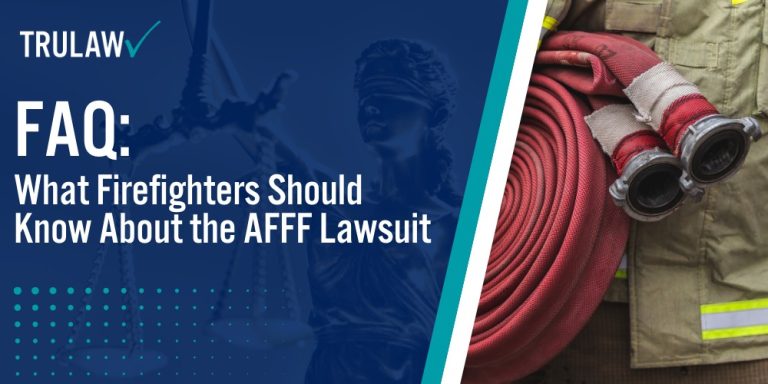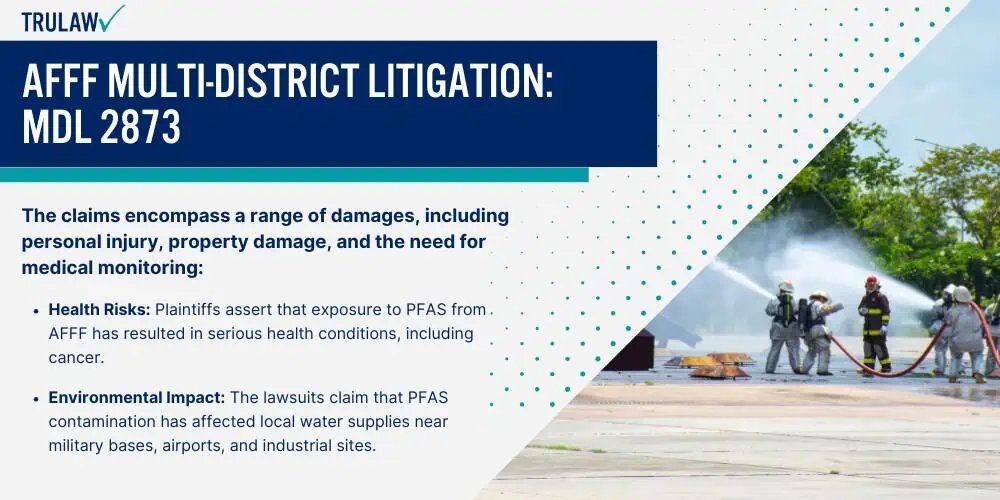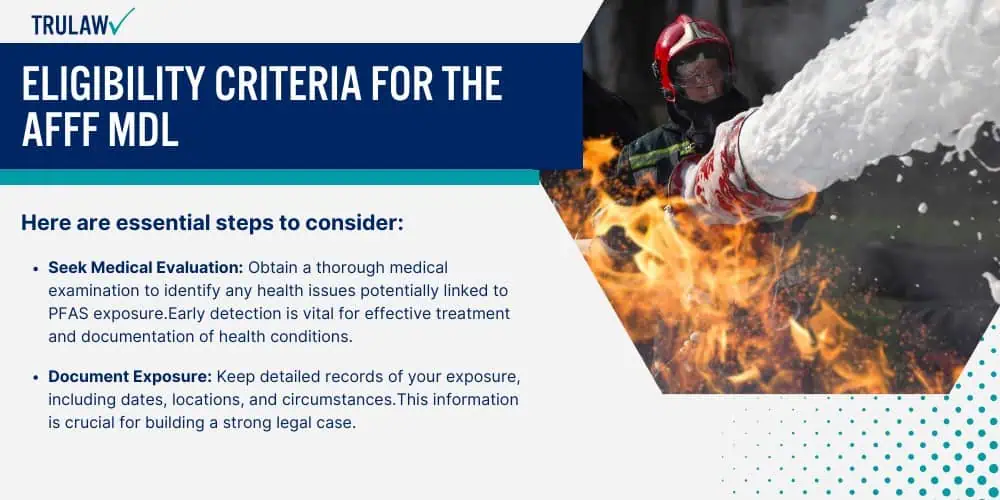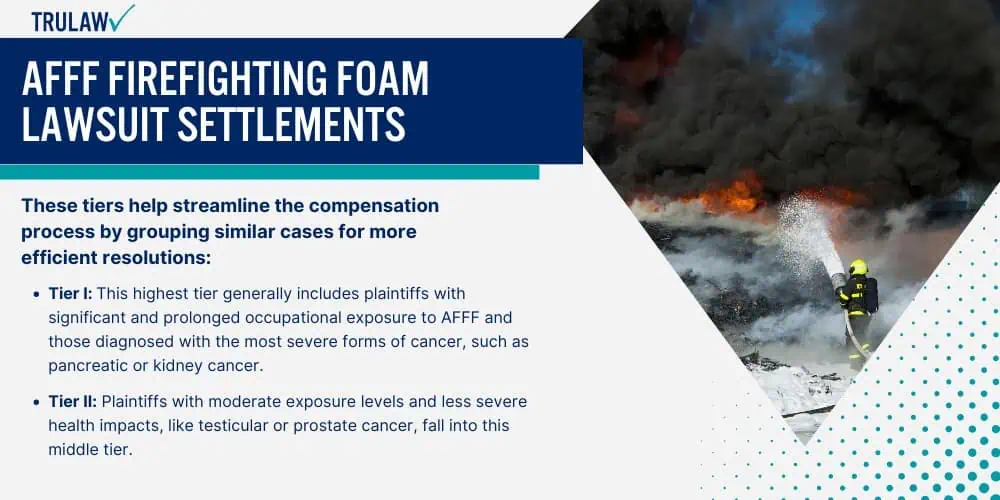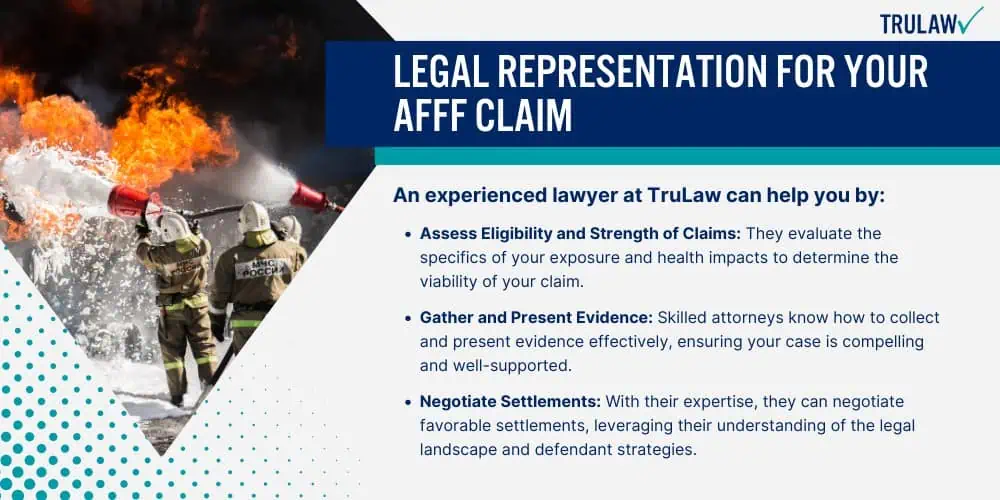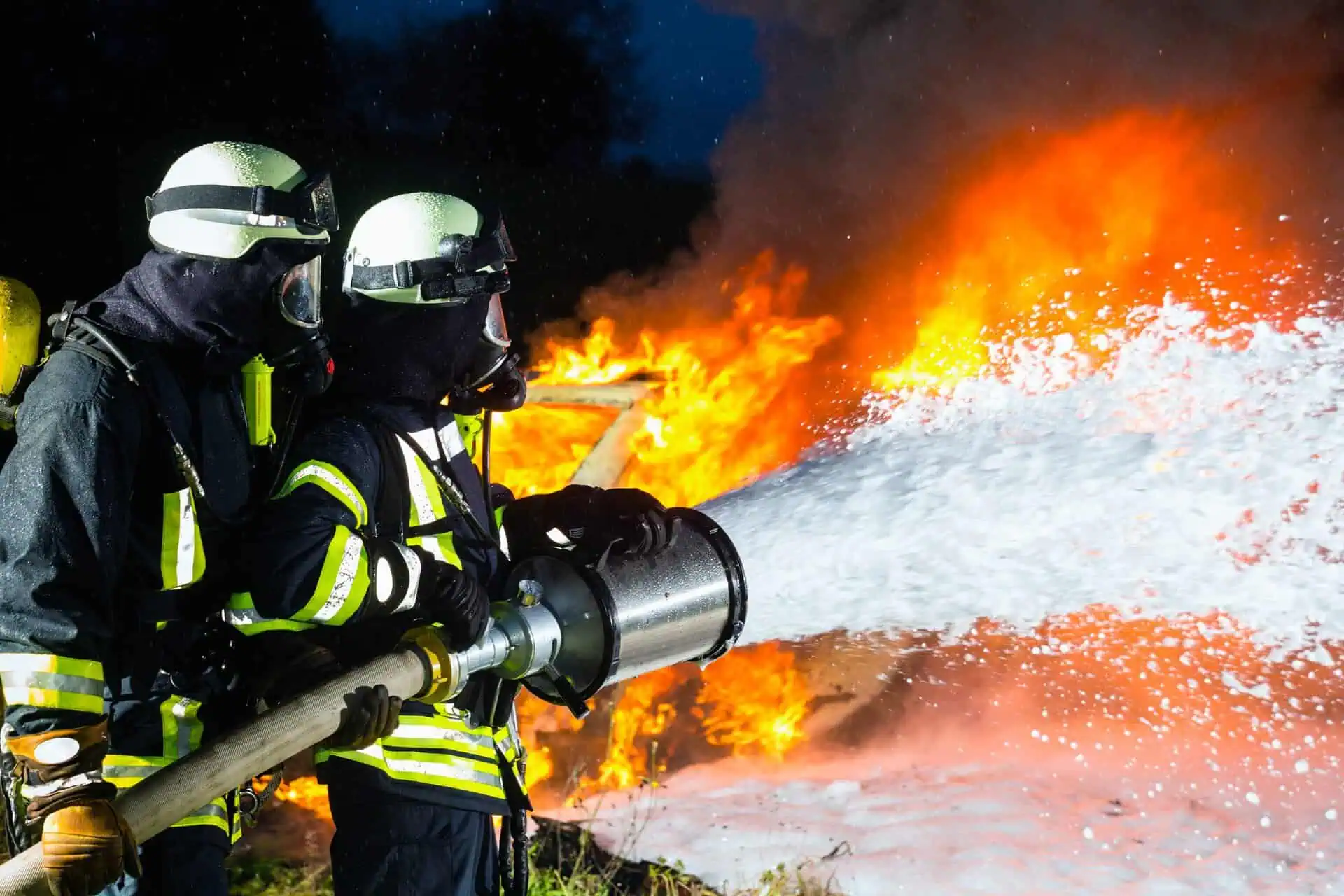Firefighters who have been exposed to AFFF chemicals are at increased risk for certain types of cancer.
These chemicals, known for their persistence in the environment and the human body, have been linked to a variety of health issues.
Recent studies have highlighted that exposure to AFFF may lead to a higher incidence of certain cancers among firefighters.
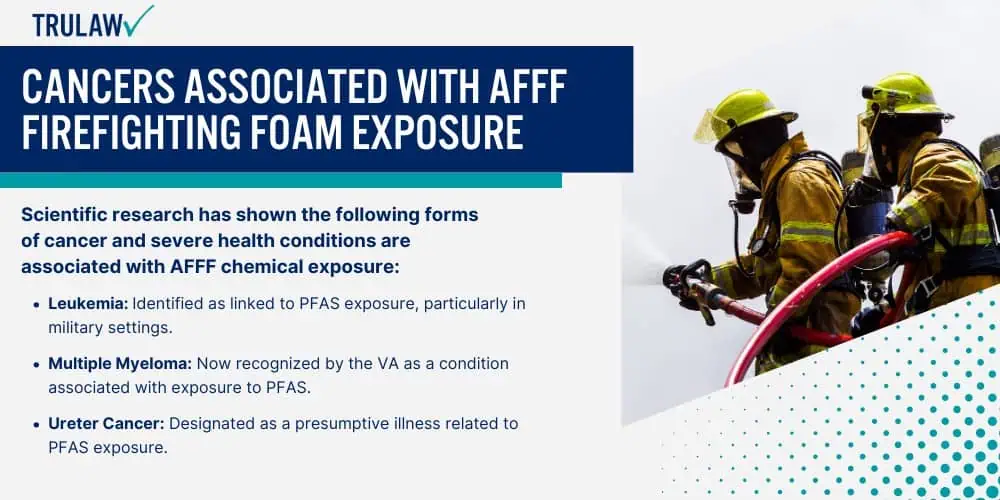
This has prompted legal actions and health investigations to address the potential risks associated with these substances.
The ongoing litigation seeks to hold manufacturers accountable for allegedly failing to disclose the dangers of PFAS in firefighting foams.
Types of Cancers Linked to AFFF Exposure
The Department of Veterans Affairs (VA) has recognized several cancers as being presumptively linked to PFAS exposure, particularly for veterans who served in specific geographical regions.
These include leukemia, multiple myeloma, bladder cancer, and ureter cancer.
The VA’s decision follows extensive research and advocacy efforts, underscoring the significant health risks posed by PFAS.
Studies have shown that individuals exposed to PFAS have a higher likelihood of developing these cancers, prompting the VA to offer expedited disability compensation to affected veterans.
Scientific research has shown the following forms of cancer and severe health conditions are associated with AFFF chemical exposure:
- Leukemia: Identified as linked to PFAS exposure, particularly in military settings.
- Multiple Myeloma: Now recognized by the VA as a condition associated with exposure to PFAS.
- Ureter Cancer: Designated as a presumptive illness related to PFAS exposure.
- Testicular Cancer: Research indicates increased incidence among firefighters exposed to AFFF, as PFAS compounds disrupt endocrine function.
- Prostate Cancer: Findings suggest a higher risk tied to prolonged PFAS exposure, impacting urinary and reproductive systems.
- Thyroid Disease: PFAS exposure is linked with disruptions in thyroid hormone levels, leading to thyroid cancer and other disorders.
- Ulcerative Colitis: Some studies propose potential links to gastrointestinal inflammation due to PFAS chemical accumulation.
- Bladder Cancer: Studies have shown a correlation between PFAS exposure and bladder cancer incidence.
- Ureter Cancer: Similar links have been found between PFAS and cancers affecting the urinary system.
- Endocrine Disruption: PFAS can interfere with hormone function, leading to reproductive and developmental issues.
- Immune System Suppression: Exposure has been linked to decreased vaccine response and increased susceptibility to infections.
- Liver Damage: PFAS accumulation can damage liver, affecting metabolic processes and overall health.
- Thyroid Disease: Altered thyroid hormone levels have been observed, potentially leading to metabolic and cardiovascular issues.
The VA’s acknowledgment of these cancers is part of a broader initiative to address the health impacts of PFAS exposure.
This move is expected to facilitate quicker access to healthcare and benefits for veterans suffering from these conditions.
Other Health Risks of AFFF Exposure
Beyond cancer, exposure to AFFF and PFAS has been associated with a range of other health issues.
These include asthma, rhinitis, sinusitis, and several rare lung cancers.
The persistence of PFAS in the environment and its ability to accumulate in the human body over time contribute to these health risks.
The VA has also recognized these conditions as potentially linked to PFAS exposure, offering further support to affected individuals.
Scientific research continues to explore the full extent of health implications associated with PFAS, highlighting the need for ongoing monitoring and regulation of these substances.
The current state of research and legal actions underscores the importance of addressing the health risks associated with AFFF exposure.
Firefighters and veterans are encouraged to seek medical advice and legal counsel if they suspect they have been affected by PFAS.
As litigation progresses, it is essential for those exposed to stay informed about developments and potential avenues for compensation and healthcare support, including participating in AFFF personal injury cases.
